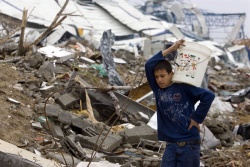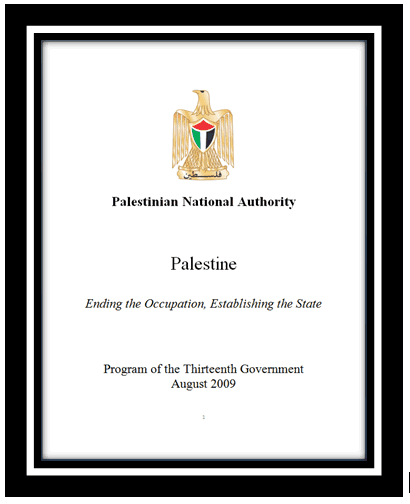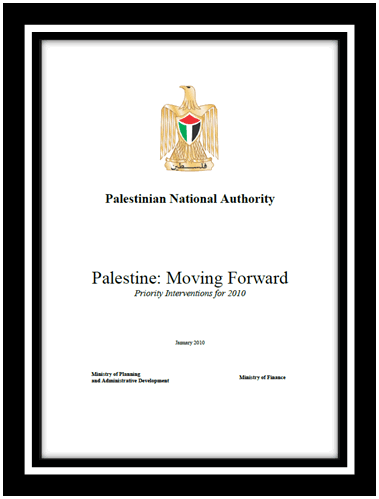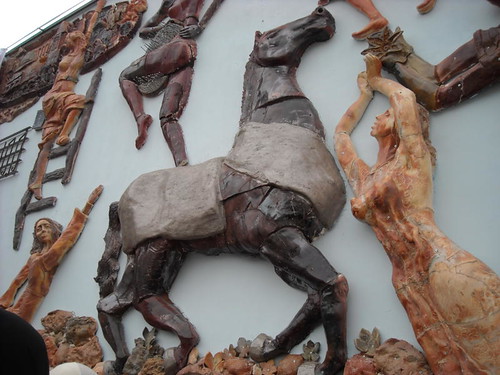At the centre of peace effortsBy Daoud Kuttab
As negotiators and politicians wonder who needs to do what before moving, it is clear that all good minds and good people should focus on one issue: how to resolve the conflict over Jerusalem.
If the 1980s and 1990s witnessed a relatively nonviolent first Palestinian uprising and a breakthrough mutual recognition between the PLO and Israel, the first 10 years of the third millennium were violent and destructive. The decades-long hard work and sacrifice of Palestinians, Israelis and international supporters of peace evaporated almost overnight.
A year after the first Intifada broke out, on November 15, 1988, PLO delegates at the 19th session of the Palestine National Council supported Yasser Arafat’s declaration of an independent Palestinian state in the West Bank and Gaza. Five years later, Arafat shook hands with hardline Israeli prime minister Yitzhaq Rabin, in a gesture that many thought was the beginning of a serious peace process.
Instead, however, US President Bill Clinton, who witnessed that handshake, spent the last days of his two-term presidency fruitlessly pushing for an agreement at Camp David. A final effort to reach an agreement in the Red Sea resort of Taba brought the parties closer than they have ever been, again with no results. Violent confrontations had erupted by then, and since then, talks and negotiations have been replaced by failed attempts to resolve the conflict through violence.
Perhaps the biggest failure of the politicians was that they were unable to provide hope to their people and were unable to stand up to those who tried to take violent shortcuts to resolve the conflict.
The reasons for the breakdown of the Camp David II talks have been talked about ad nauseam during this past decade. But contrary to the oft-repeated Israeli spin, Jerusalem, and not the right of return, was the reason for the summit’s failure. Indeed, if there is one issue that has permeated and defeated all efforts to achieve peace, it is Jerusalem.
It was because of Jerusalem that Israeli opposition leader Ariel Sharon made his provocative visit to Al Aqsa Mosque in 2000. The visit was met with angry protests. Unlike the prevailing Israeli narrative, the Intifada did not start because of this visit; it broke out because of the brutality the Israeli security personnel used to quash angry demonstrators.
Seven years after the famous White House handshake and 13 years after the eruption of the first Intifada, Palestinians were angry at the absence of a clear path towards an end to occupation and an ever-expanding Israeli settlement effort. Then, scores of Palestinian demonstrators were gunned down simply because they protested the Sharon visit.
Jerusalem continues to be a stumbling block. As the first decade of the 21st century comes to an end, the eastern part of the city has been surrounded by an 8-metre-high concrete wall. The number of demolitions of Palestinian houses in the city has increased sharply. Over 4,000 Palestinian Jerusalemites have been denied their birthright to reside in the holy city.
Meanwhile, Israel is attempting to Judaise East Jerusalem, especially the Sheikh Jarrah area, moving Jews in and non-Jews out. The settlements have become the major impediment to the return to peace talks. Israel still refuses to accept a settlement freeze in occupied East Jerusalem.
These past 10 years has certainly been bad for the Palestinians, and violence, the absence of negotiations and the special focus on East Jerusalem are likely to create many more problems. This is especially unavoidable if the issue of Jerusalem is going to be swept under the carpet.
Ironically, while the issue has been the major obstacle to a breakthrough in this intractable conflict, a number of efforts were and continue to be exerted to find solutions. A more recent effort is led by a number of veteran Canadian diplomats and researchers who have correctly zoomed in on the need to resolve the status of the one-square-kilometre Old City.
Whether their hard work bears any fruit depends on the political will to find nonviolent solutions to the conflict. Because whether it is borders, Jerusalem, the right of return, settlements or security arrangements, all parties to the conflict must know that there are no military or violent solutions. If we have learned anything from this past bloody decade in Palestine and Israel, it is that violence only begets violence.
28 January 2010
 http://www.animateprojects.org/films/by_date/2009/for_cultural
http://www.animateprojects.org/films/by_date/2009/for_cultural









 One year after the end of the war in Gaza, alarming reports, reminiscent of the buildup war in 2008, are emerging from the region. Beginning in March 2008, ATFP repeatedly expressed concern that the behavior of both the Israeli government and the Hamas leadership were on a trajectory towards war. In numerous comments and publications, ATFP urged both parties to change course in order to avoid the inevitable and disastrous human and political consequence of a war in Gaza. Tragically, both parties persisted in their mutually-reinforcing policies and ATFP's grim predictions proved accurate.
One year after the end of the war in Gaza, alarming reports, reminiscent of the buildup war in 2008, are emerging from the region. Beginning in March 2008, ATFP repeatedly expressed concern that the behavior of both the Israeli government and the Hamas leadership were on a trajectory towards war. In numerous comments and publications, ATFP urged both parties to change course in order to avoid the inevitable and disastrous human and political consequence of a war in Gaza. Tragically, both parties persisted in their mutually-reinforcing policies and ATFP's grim predictions proved accurate.



















